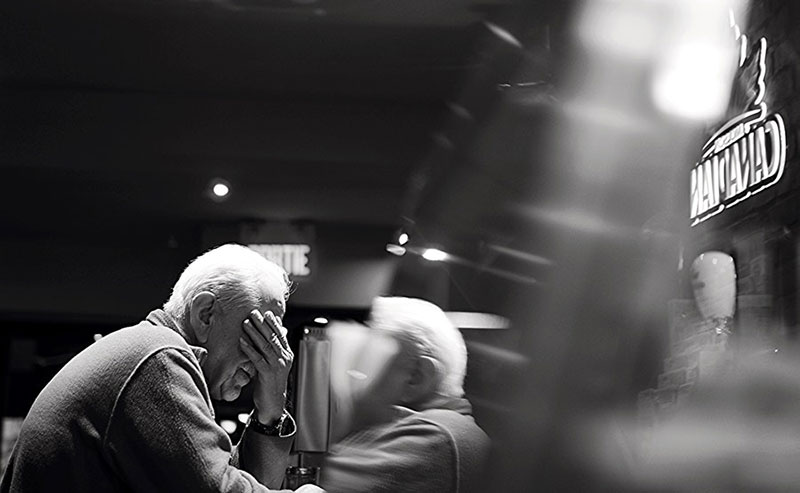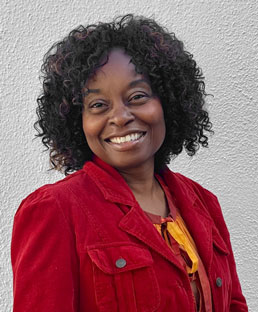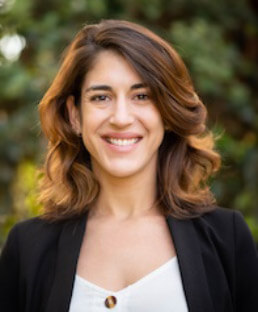When thinking about who struggles with addiction, many overlook the possibility of substance abuse within the aging population. Addiction knows no age limits. No one is too young or too old to start. On the other hand, no one is too young or too old to stop. Each person starts or stops using for their own individual reasons, though there are some general trends as to what seniors use and why.
Why Elderly Use
For some senior citizens who use, the addiction is a continuance of a drug use that started in their youth, early, or mid adulthood and never resolved. For others, drug use began in their golden years, this is known as late onset drug use. There are many reasons why an older person might start using drugs later in life. With aging comes a new set of challenges and transitions such as: physical aches and pain, loss of loved ones and friends, financial hardship, and mental health issues.
For some seniors, coping with aches and pains that develop due to age might result in prescription painkillers. Although these drugs are prescribed, responsible drug use can easily get out of hand. For some individuals, who also struggle with memory loss, the start of a drug addiction may be innocent. The reasons for elderly drug use is often different than those of a younger age. Instead of seeking euphoria or a high, elders often are seeking to numb pain whether that be physical or emotional.
Dangers of Elder Drug Use
Although all drug use is dangerous, elder drug use comes with a set of specific challenges. Recognizing drug use in the aging might be more difficult to tease out, as symptoms of drug use such as memory loss, depression, weight loss, and health decline are generally regular amongst the elderly. In addition to being more difficult to recognize, elderly often are already prescribed medicine, which can be more complex and more dangerous when combining alcohol and drug use.
Seeking Help
Being that most of our seniors who struggle with addiction are seeking to self-medicate to cope with the physical and emotional pain, staying connected is important. As one ages, it tends to become a more isolating time of life. Life long partners and friends may depart, retirement means less social interaction with co-workers and peers, and aging sometimes makes it more difficult to be mobile and get out. Combating isolation and loneliness is difficult, but can make a difference in elder drug use.
By staying connected or making new connections, this can sometimes help with some of the emotional pain. Grief is a common emotion for anyone, young or old, to experience with the death of a loved one. Seeking a therapist or grief group can be helpful in coping with the painful struggles and loss when someone we care about passes away.
When trying to cope with physical pain, it is important to be open and honest with your doctors. Try to write down information from your doctor or bring someone you trust along to doctor appointments if memory is an issue. In addition to medicine, other treatments such as physical therapy, exercise, and nutrition might be helpful in coping with aches and pains.
[divider style=”empty” margin_top=”40px” margin_bottom=”0px”]
[divider style=”empty” margin_top=”20px” margin_bottom=”0px”]
Struggling with Substance Abuse?
Get in touch with a trained medical professional who can who can provide guidance.
[button color=”black” custom_color=”#ffffff” font_color=”#000000″ link=”https://sandiegopsychiatrist.com/contact/”] Contact us[/button]
[divider style=”empty” margin_top=”60px” margin_bottom=”0px”]

Dr. Melden earned his Doctorate in Osteopathic Medicine at Philadelphia College Osteopathic Medicine and went to USC Presbyterian Hospital for his residency in Family Medicine. He then completed his Psychiatric residency at the University of California, Irvine and went to UCSD Geropsychiatry pursuing a fellowship. Dr. Melden has over 14 years of experience as a clinician specializing in treating child and adolescent, adult and geriatric clients. He has devoted his life to psychiatry in a variety of different treatment settings including in- patient and out-patient environments. He specializes in the psychiatric evaluation, complementary therapy approaches, and medical management of individuals suffering from mental illness. Currently, he maintains a private practice with Crownview Medical Group in Coronado and Carlsbad, California where he is CEO/President.


 Myriame Nicolas, PMHNP-BC
Myriame Nicolas, PMHNP-BC Charlie Perez, PMHNP-BC
Charlie Perez, PMHNP-BC Kelvin Poon, MSN, PMHNP-BC
Kelvin Poon, MSN, PMHNP-BC


 Apneet Mann, FNP-C
Apneet Mann, FNP-C Kimberly Umansky, FNP-C
Kimberly Umansky, FNP-C Joanne Talbot Miller, M.A., LMFT
Joanne Talbot Miller, M.A., LMFT Rachael Hueftle, NP
Rachael Hueftle, NP J. Heather Fitzpatrick, LCSW
J. Heather Fitzpatrick, LCSW Agata Nowakowska
Agata Nowakowska Brianna Meacham
Brianna Meacham Maha Moses, PhD
Maha Moses, PhD Rebecca McKnight, PsyD
Rebecca McKnight, PsyD Tiffany Holm N.P.
Tiffany Holm N.P. Dede Echitey, PMHNP-BC
Dede Echitey, PMHNP-BC

